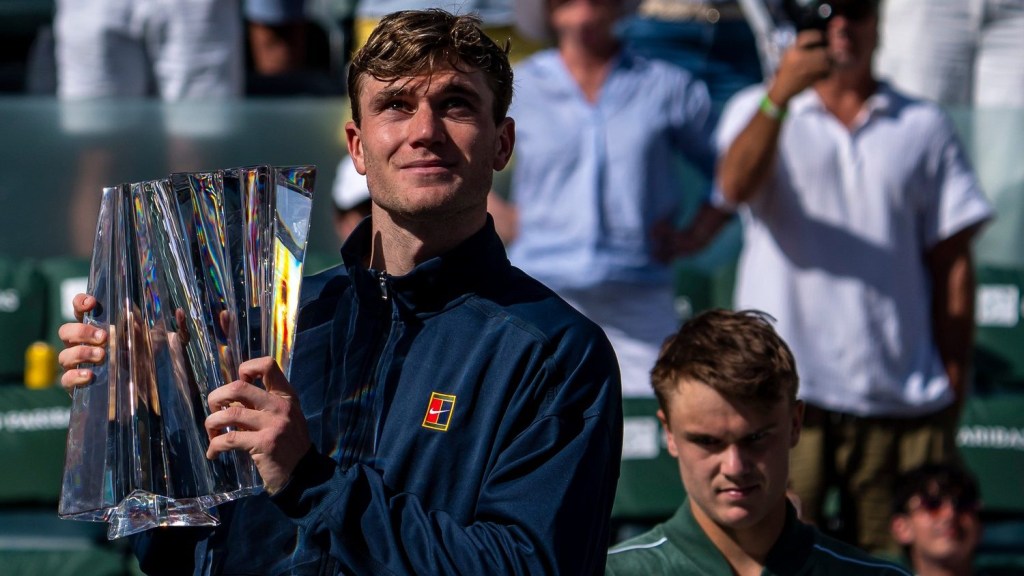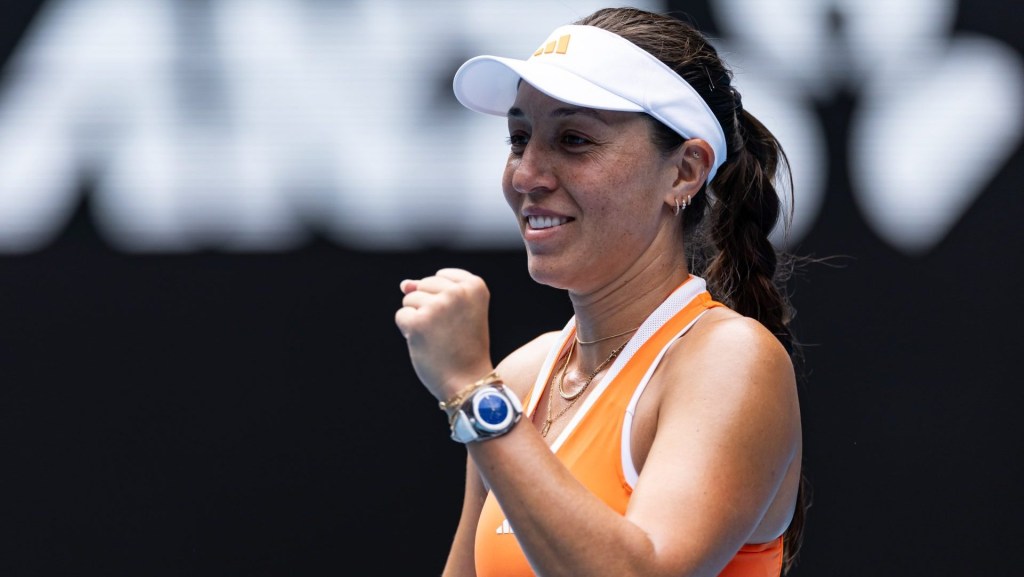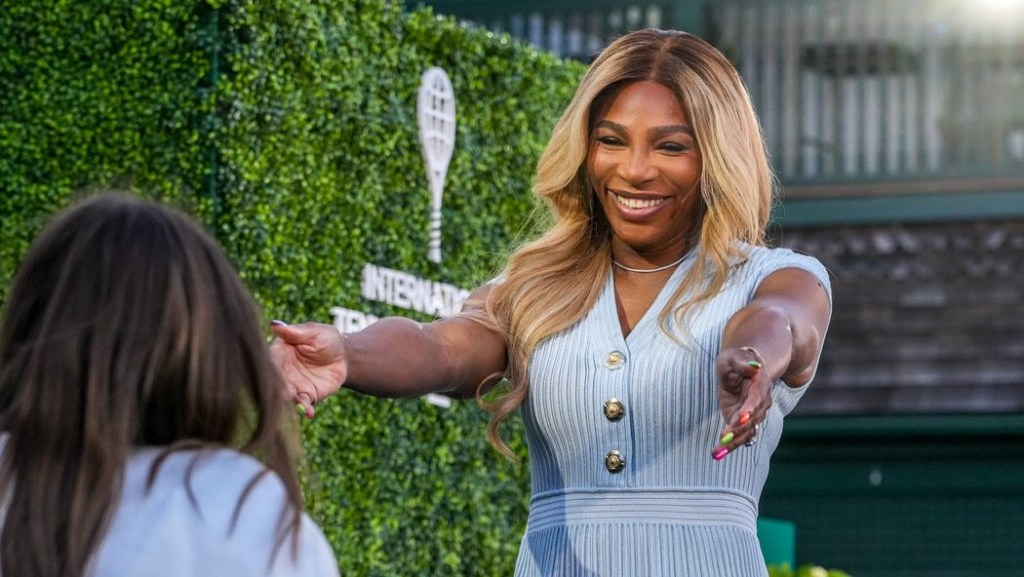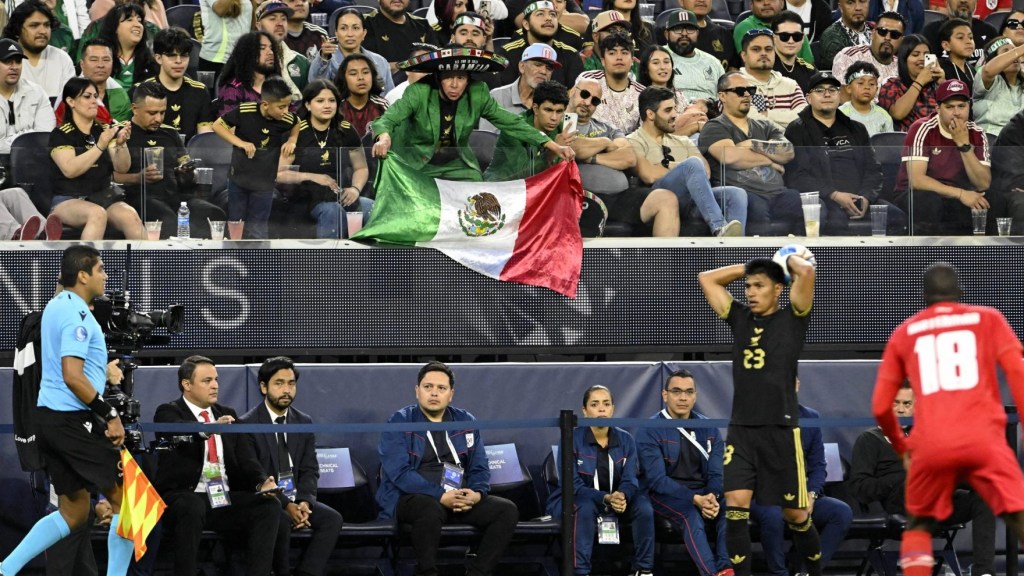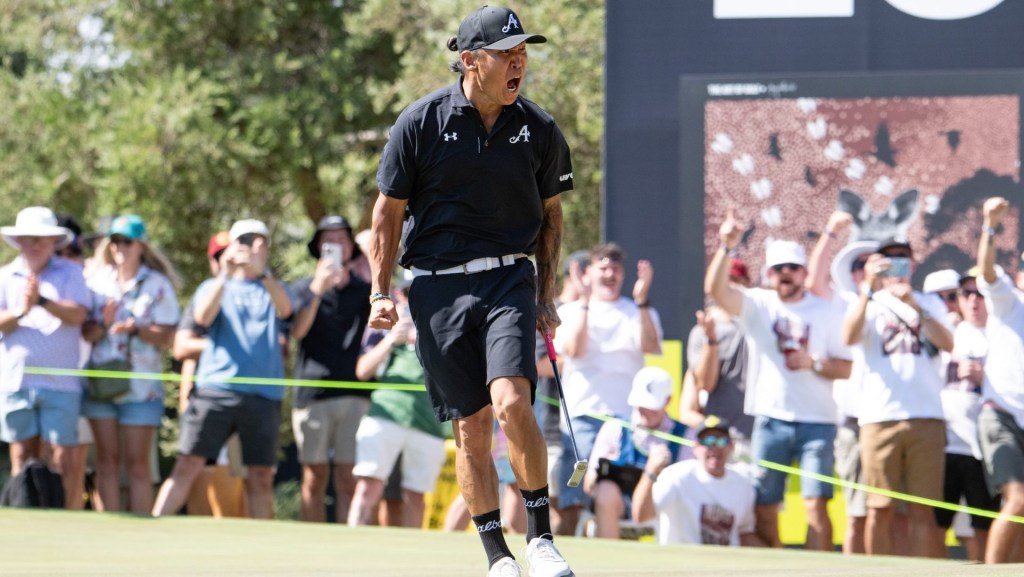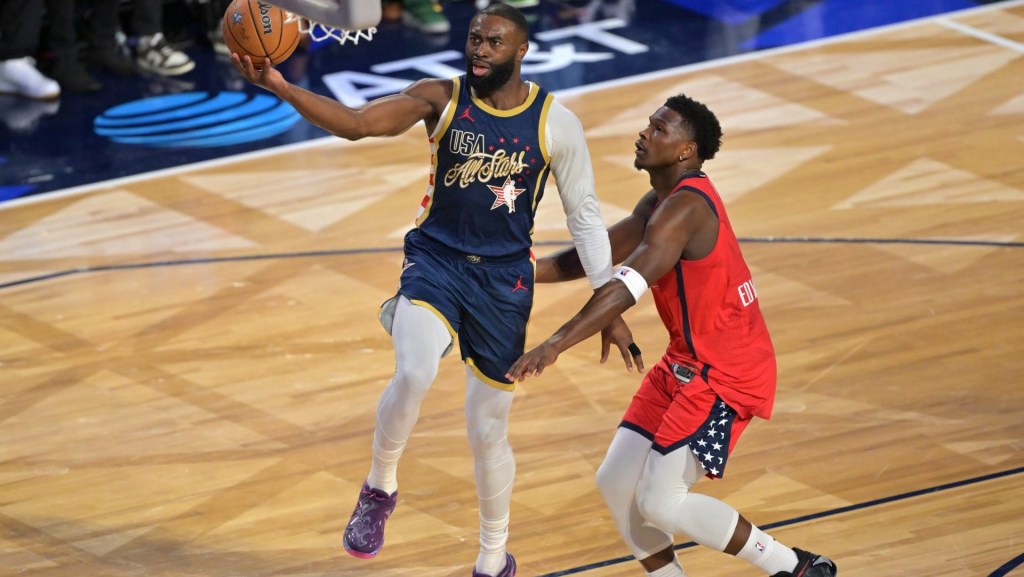The six months leading up to Election Day were rife with tension, particularly around the social justice issues that sparked protests across the nation.
Athletes, teams and sports leagues took an active role in working to help educate the U.S. on racial issues and voting rights — particularly the NBA. Twenty-three NBA arenas and practice facilities have been made available for voting-related activities.
Among the league’s other initiatives was “1-on-1 with Caron Butler,” a series hosted by former NBA All-Star Caron Butler that looked to normalize the conversation around race, civic engagement and other issues impacting the lives of NBA players and their fans.
Butler hosted 41 episodes in the last six months, garnering more than 7 million video views. The last show of the series was focused on voting.
FOS caught up with Butler to chat about why he took a prominent role in the discussions for the NBA, how it affected his business dealings and how to keep the discussion moving forward as the election passes.
FOS: Before we get into it, any last advice for those reading this on Election Day?
Caron Butler: No matter what, get out there and vote. The lines will be long, don’t get discouraged. A lot of people have sacrificed so much for us to have the right to exercise the right to vote. When you look at it from that perspective, put the best foot forward and make sure they have their fingerprints on history.
FOS: Why was hosting this series important to you?
CB: I think about my upbringing, my family — originally from the south. Then I grew up in a predominantly white community in Wisconsin, and I thought about all the things I witnessed and experienced in my life. I was incarcerated. I went through many things and I was looking at them through the moment we’ve been going through this year and was given an amazing platform by the NBA to address all the things that I’ve witnessed.
The NBA has been in this space for quite some time, they just gave me a massive platform, shining a light on a lot of things to be amplified.
FOS: How do you feel about when people say basketball players should, ‘Shut up and dribble?’
CB: We sometimes forget that athletes are human beings. It’s not like the video games, the video games are amazing and creativity behind them is spot on, but we take out the humane part of it.
When our society hurts, we hurt as people and athletes. That’s something you can’t go to the basketball court and unplug. We see things that happen in Black, Brown, and LatinX communities where we grew up and are responsible for, not because of a campaign, but because we’re part of the fabric of the community and we’re considered heroes in those communities.
It’s important to identify and recognize that and it’s important for us to make sure we’re using the platform to better the communities and those inspired by us. I think Kobe said it best, imagine all we did was play basketball. We play a sport at a high level and if that’s all we did with these massive platforms while people look at us for direction, shame on us all the way around.
FOS: On the show you had a ton of guests talking about a huge range of topics, how did you decide on what you’d talk about?
CB: I have to give the production team a ton of credit. It was a broad network of people we talked to, but the topics, they’re right in front of us. The world is our canvas and that’s what we drew from.
Things happening in real time became the subjects of shows. Whatever -ism was the topic, that’s what we talked about — whether it was voting and the forms of voting or those who don’t want to see us talk about it. The ‘shut up and dribble’ people. We talked about that as well. We needed to provide something that provides enlightenment, so a viewer could come away better from that discussion.
And every episode, I was better from something I heard. Just when you think you know enough and you learn something new.
FOS: How do you ensure the momentum of these conversations don’t go away after the election?
CB: Here’s my observation: We’ve come a long way, but we still have a long way to go.
Returning to play in a COVID-free environment, the [NBA} did an amazing job. We saw the messaging around Black Lives Matter, Black economics, group economics, all these things on that platform where people were watching, that was huge. The Association’s financial commitment and endowment was huge. National Vote Early Day, National Black Voters Day; providing 23 teams committed to making sure we had ballot locations with partnerships like More Than A Vote; providing transportation because some people don’t have it, that was huge.
The show started with the George Floyd tragedy and it ended with another in Philadelphia, but a lot of progression did happen.
But the thing I saw was that I was inspired by two things. One was protesting peacefully at Hollywood and Vine in Los Angeles and the education around Juneteenth. A lot of young people were out there, different shades of skin color, multigenerational, and I’m inspired by that.
Young people are getting engaged, the players registered to vote now, 96% of eligible players are registered. I know that it was extremely small before, probably under half, but now the players realized their vote does matter and they need to get engaged and educate themselves. These guys will be the new leaders and as they’re getting educated at a younger age, the future is bright.
FOS: Why is voter education and voter access so bad in the U.S.?
CB: Voter suppression is real. We’ve witnessed it in Wisconsin and Georgia.
It’s not just about Nov. 3, it’s about grassroots movements and holding those in elected positions accountable. If they don’t show empathy when a community needs it, they’re not a mirror of the community’s needs and concerns. If they don’t represent that, the community has to do something. They have the right to vote and now we understand that we have to do the due diligence and make sure every American is informed properly and inform the masses they can make change.
FOS: Have you seen effects, either people not wanting to work with you or wanting to work with you, based on the participation in this series?
CB: I saw a combination of both. But through everything we’ve done, we’ve been a bipartisan platform. It’s not left or right. I’ve always been an independent and want to think about what’s best for the community. We take that approach and it’s been amazing, the engagement, the support, the possible partnerships, the future opportunities.
They’ve come because of the way we approach it. It’s a balance. There’s good in people and that’s the way we approach every show. We’re not out to finger point or tell someone they should do this or that, but if we’re just educating and making people better by talking about real issues, that’s how we make a difference.
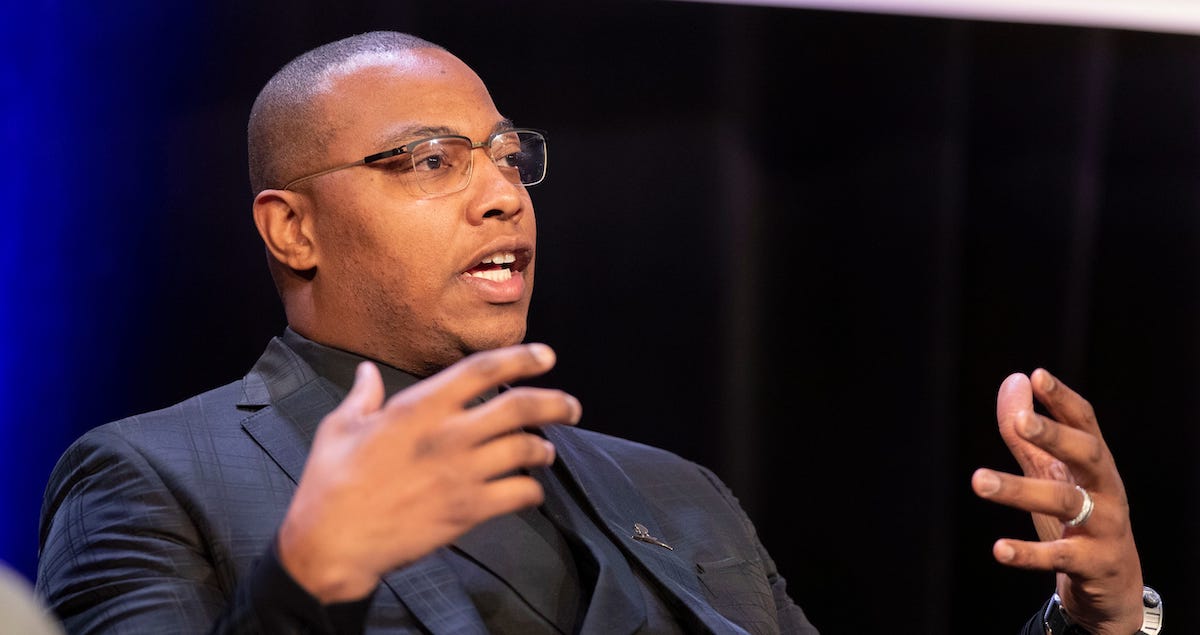





![[Subscription Customers Only] Jun 15, 2025; Seattle, Washington, USA; Botafogo owner John Textor inside the stadium before the match during a group stage match of the 2025 FIFA Club World Cup at Lumen Field.](https://frontofficesports.com/wp-content/uploads/2026/02/USATSI_26465842_168416386_lowres-scaled.jpg?quality=100&w=1024)
![[Subscription Customers Only] Jul 13, 2025; East Rutherford, New Jersey, USA; Chelsea FC midfielder Cole Palmer (10) celebrates winning the final of the 2025 FIFA Club World Cup at MetLife Stadium](https://frontofficesports.com/wp-content/uploads/2026/02/USATSI_26636703-scaled-e1770932227605.jpg?quality=100&w=1024)


